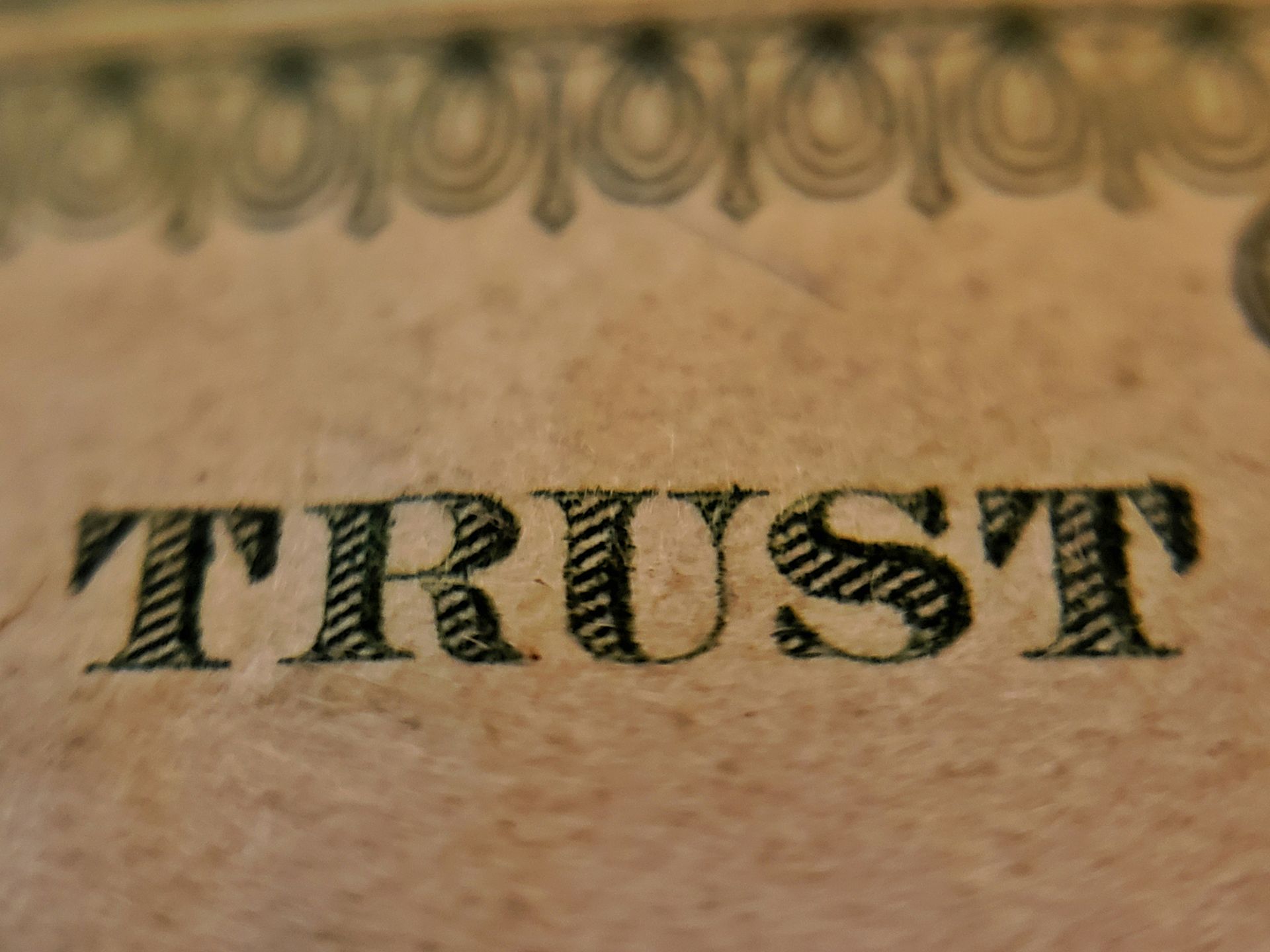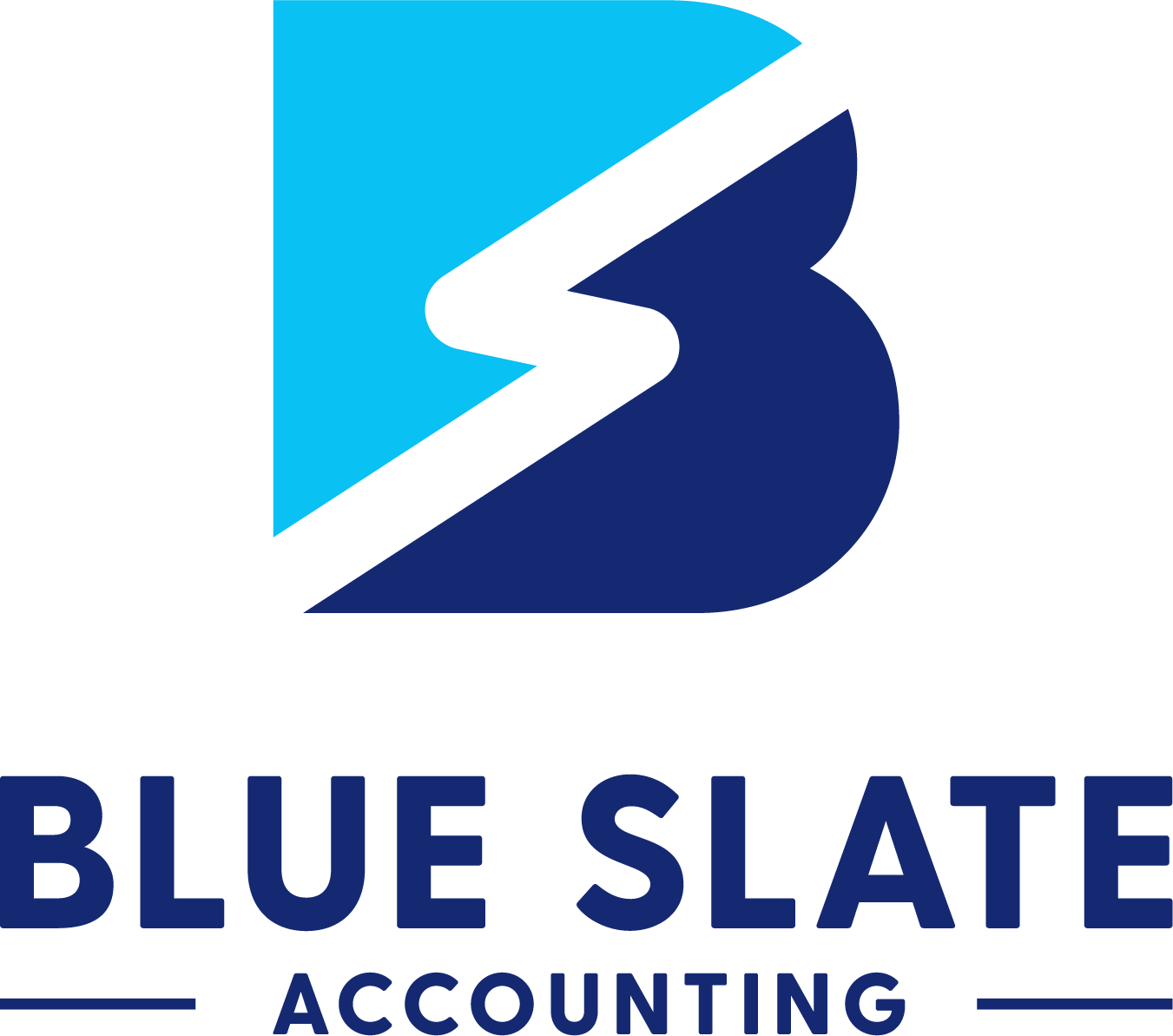Business Ownership – Is It Right For You?
An idea and a dream of owning your own business. That’s how many small business owners began their journey. For some people owning a business may be a second career, or a result of being downsized. Whatever the reason, owning a business is hard work and not for the faint of heart. Be prepared to work hard, wear a lot of hats and stretch yourself out of your comfort zone quite regularly.
Like any big goal, if you start by breaking it down into smaller tasks, you’ll be able to tackle enough of the actions necessary to get started. SCORE, a nonprofit organization of volunteer executives, is a great place to get free business advice and guidance.
Writing a simplistic business plan, particularly in the startup phase, will help you to test the idea first before investing a lot of time and money. If you are seeking financing to start your business, a more detailed business plan will be needed. A simple, one-page business plan that is a high-level overview of the small business you’re about to start will help you to think through why you want to own a business.
Define what your business will do, who it will help, and how you will achieve your objects. Know who your competition is, and how your business will be different. Decide on a budget to determine what you will need to get started. If you’re self-funding, be realistic and then an additional 20 percent for incidentals.
Determine a legal entity, sole proprietor, limited liability corporation or S Corp. Filing paperwork to start a business costs money. Often, depending on your state, it can be a lot of money. You’ll need to account for city or municipality licensing, state incorporation or business entity fees and more. Do a thorough search ahead of time to determine what the filing fees are for your city, county and state before starting any business.
Many small businesses start as a sole proprietor, as it means less paperwork and up-front expenses. That can save you money while you determine the viability of your business. Do be aware, that acting as a sole proprietor can put you at personal risk, so you’ll want to weigh the benefits vs. risks and then speak with a local attorney or tax professional to decide which is smarter for your short-term vs. long-term goals.
Business funds should be kept separate from your personal funds to avoid comingling. This is a big mistake that makes tax time and financials so confusing. Set up a business checking account with your local credit union or bank. All you’ll need is your filing paperwork, sole proprietor licensing information and an initial deposit to get set up from most financial institutions.
If you have a service-based business, get involved with your local chamber of commerce and ask what resources are available for you to speak, present or share information about your business. If you have a product-based business, test the viability of your product at local swap meets, farmers markets or other community events to test what the public really thinks (and if they’ll purchase) from you. Take the plunge into business ownership and enjoy the ride.










Take the first step towards outsourced accounting & tax help!
Contact
(724) 359-5022info@blueslateaccounting.com
Address
642 W. New Castle StZelienople, PA 16063 United States
Privacy Policy | Web Design by Vendilli Digital Group
